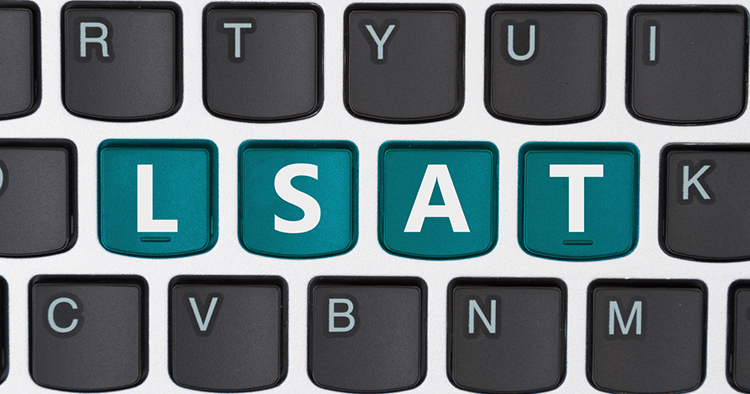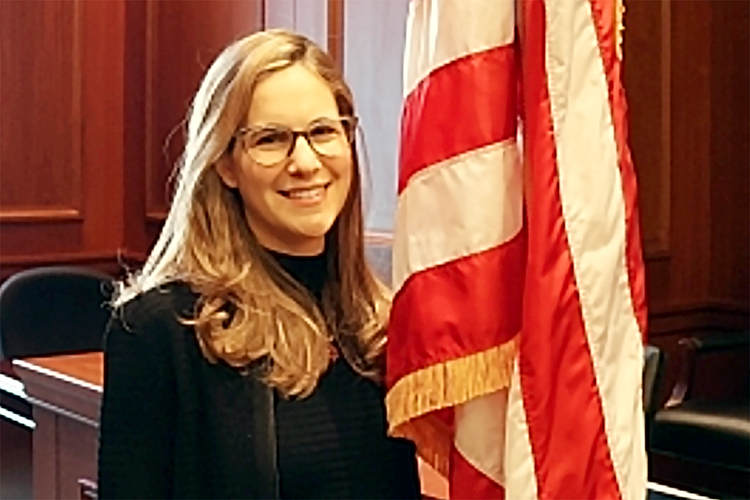Following contempt finding in accommodation lawsuit, LSAC ordered to pay attorney fees

Shutterstock.com.
After finding the Law School Admission Council in contempt for violating a consent decree regarding disability accommodations on the Law School Admission Test, a federal magistrate on Monday ordered the organization to pay $480,489 in attorney fees.
The finding was sought by the California Department of Fair Employment and Housing, and fees will go to a state enforcement and litigation fund, according to a news release from the agency.
“Because fees can only be used to offset costs of the department, seeking fees in appropriate cases directly supports DFEH’s mission of protecting all Californians from unlawful discrimination,” Kevin Kish, the state agency’s director, said in the release. The Recorder also reported on the finding.
The order denied an attorney fee request of $81,982.50 related to costs and review of documents at LSAC’s Pennsylvania office. Kellye Y. Testy, president and CEO of the LSAC, did not respond to an ABA Journal interview request.
The litigation started in 2012 when the agency filed a U.S. District Court for the Northern District of California action alleging that the LSAC routinely denied testing accommodations for people with documented disabilities. The U.S. Department of Justice intervened, and the parties entered a consent decree in 2014.
The contempt motion, filed in January 2018 by the DFEH, alleged the LSAC flagged LSAT scores from people with disabilities who sought extended time accommodations. It also alleged the LSAC made take-it-or-leave-it offers with less time to take the test than requested, along with a short response period; wrongfully reporting those offers as requests “granted in full”; and altering internal documents to replace requested time with time that the LSAC counter-offered. U.S. Magistrate Judge Joseph Spero granted the motion in March, and the sanction extended the consent decree for another two years to a total of six years.
Following the contempt finding, the LSAC told the the Recorder it had already adjusted its processes after concerns were raised, but the court unfortunately didn’t credit the adjustments or the LSAC’s “good faith interpretations of the decree.”
“While this ruling is not the outcome we had hoped for, [the LSAC] will continue to work steadfastly to comply with the decree under the guidance provided in the court’s ruling,” its statement said.
Write a letter to the editor, share a story tip or update, or report an error.


